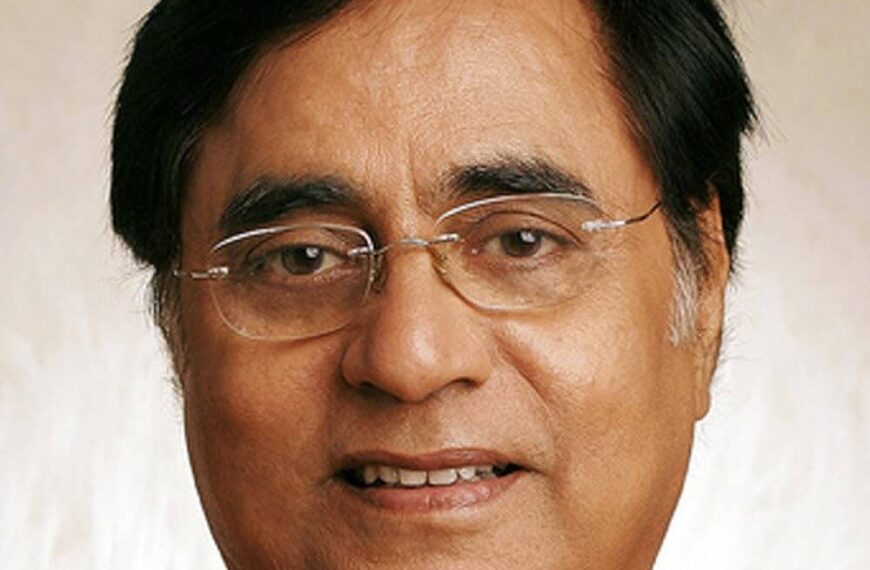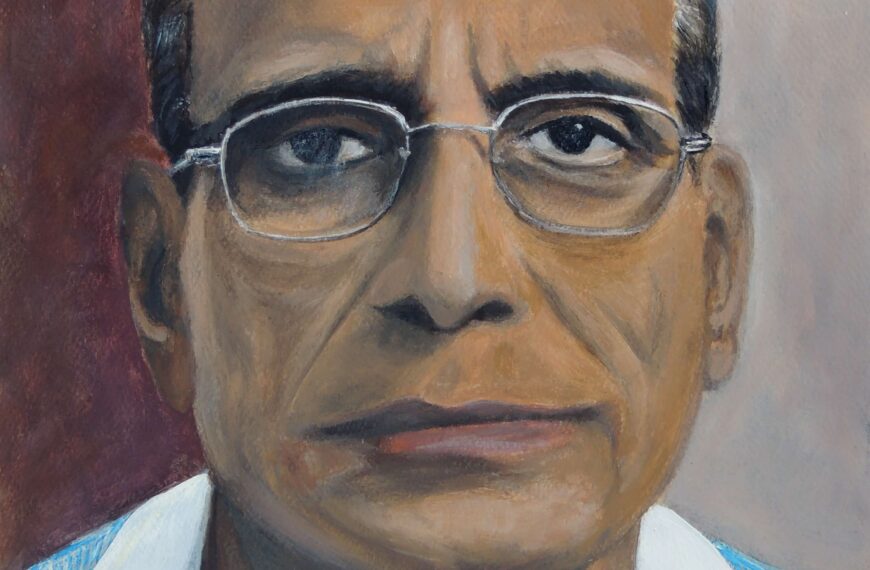“People do not decide to become extraordinary. They decide to accomplish extraordinary things.” —Edmund Hillary
Armed with a pedigreed background in film world and a distinct persona of her own, Kalpana Lajmi(1954) carved a special niche for herself as a sensitive film director on gender issues. Surrounded by trail blazers, she was the daughter of painter Lalita Lajmi, niece of filmmaker Guru Dutt, and was also related to the veteran film director Shyam Benegal.
The period in which she forayed into films, was a time when art house films were in ferment, deeply influencing , transforming Indian cinema for a discerning audience. She started assisting Shyam Benegal and very soon, with her craft and ingenuity, she started making her own signature style movies, contributing immensely to the Mumbai film industry.
Lajmi started off by working as an assistant costume designer in Benegal’s film Bhumika(1977). She made her directorial début with the documentary film D.G. Pioneer in 1978 and went on to direct more documentaries like A Work Study In Tea plucking (1979) and Along The Brahmaputra(1981).She worked in close association with Gulzar ; working on the script, dialogues and lyrics of her early films. Bhupen Hazarika, the legendary film maker, musician and singer from Assam, her life time mentor and partner, influenced her the most.With him,she made T.V.series Lohit Kinare(1988),with Tanvi Azmi in the lead.
Her debut as a director of feature films came in 1981 with Ek Pal,with actors like Shabana Azmi,Farooq Sheikh and Naseruddin Shah. Rudaali came in 1993,with a deglamourised Dimple Kapadia as Shanichari,fetching Dimple a National Award for her soul stirring performance.
Lajmi was way ahead of her times. Darmiyaan(1997) would have been more relevant and well received now, in 2018, than when it was released.Centered around Immi(Arif Zakaria)a transgender and his mother Zeenat(Kiron Kher),the theme related to the world of films explored the inter-sectionality of gender and sexuality with extreme sensitivity.
Daman(2001),with Raveena Tandon in the lead as Durga,won the National award for her critically acclaimed performance.

Kyun (2003) and Chingaari (2006) did not grab eyeballs at the box-office but Sushmita Sen’s performance as Basanti, a village prostitute, was lauded by the critics. While most of the directors turn to Hollywood for inspiration, Kalpana Lajmi sought refuge in Indian literature, bringing stories written by noted Bengali authors Maitreyi Devi and Mahashweta Devi , bringing forth strongly welded female characters, combating social evils and igniting the heart of cinephiles.
Deeply in love with Bhupen Hazarika, Lajmi neglected her career while she nursed him as his health was failing, losing him in 2011.Her book on Dr. Hazarika,Bhupen Hazarika: As I Knew Him, celebrates their tender relationship.Before the book could reach the bookstalls and top the best seller list,Kalpana Lajmi passed away on September 23,2018,losing her battle with kidney cancer.
Ava Du’Vernay has rightfully remarked,“Any film that you see that has any progressive spirits that is made by any people of colour or a woman is a triumph in and of itself”.Having carved out a distinct space, Kalpana Lajmi’s footprints as a feminist film maker in the early parallel Indian cinema will always be remembered in the sands of Time.
©Mamta Joshi
Photos from the Internet
#KalpanaLajmi #MovieDirector #IndianCinema #Obit #Tribute #DifferentTruths

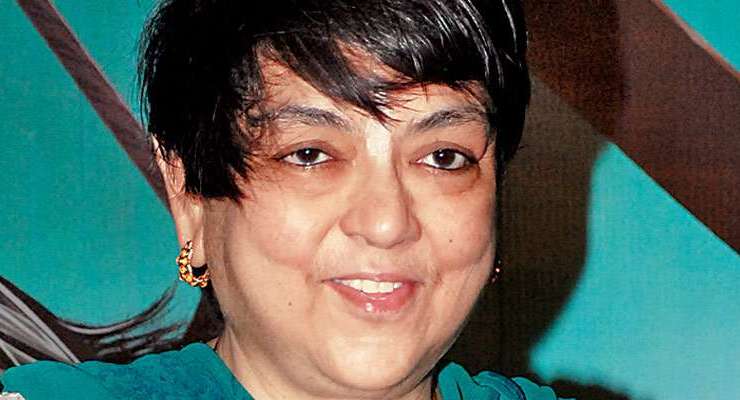



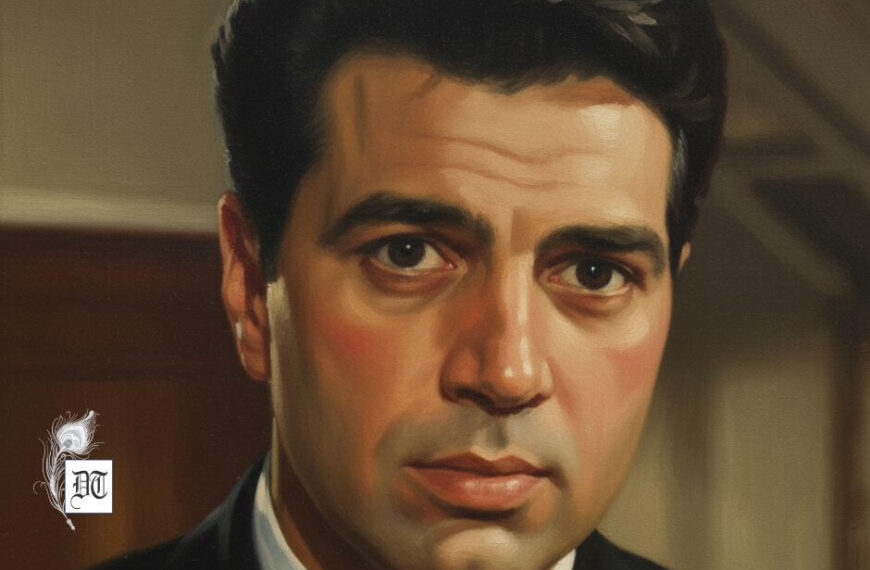
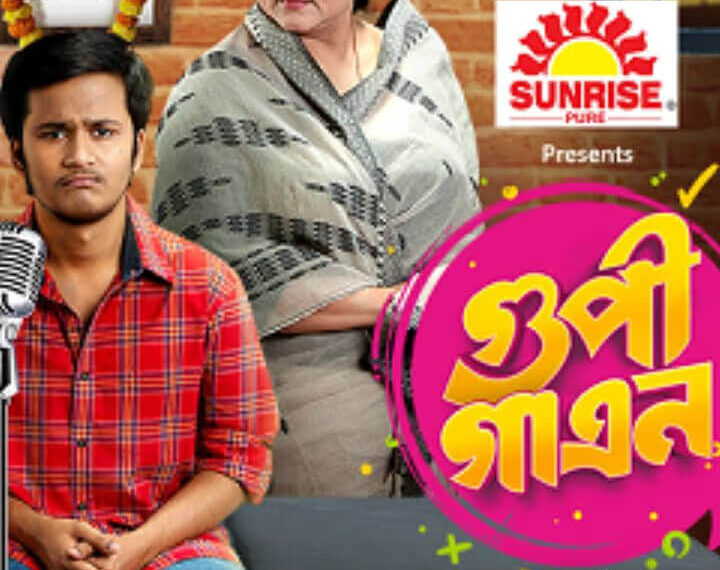
 By
By